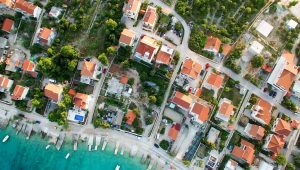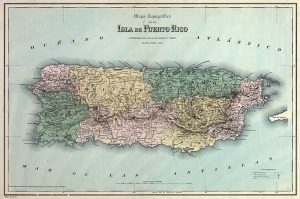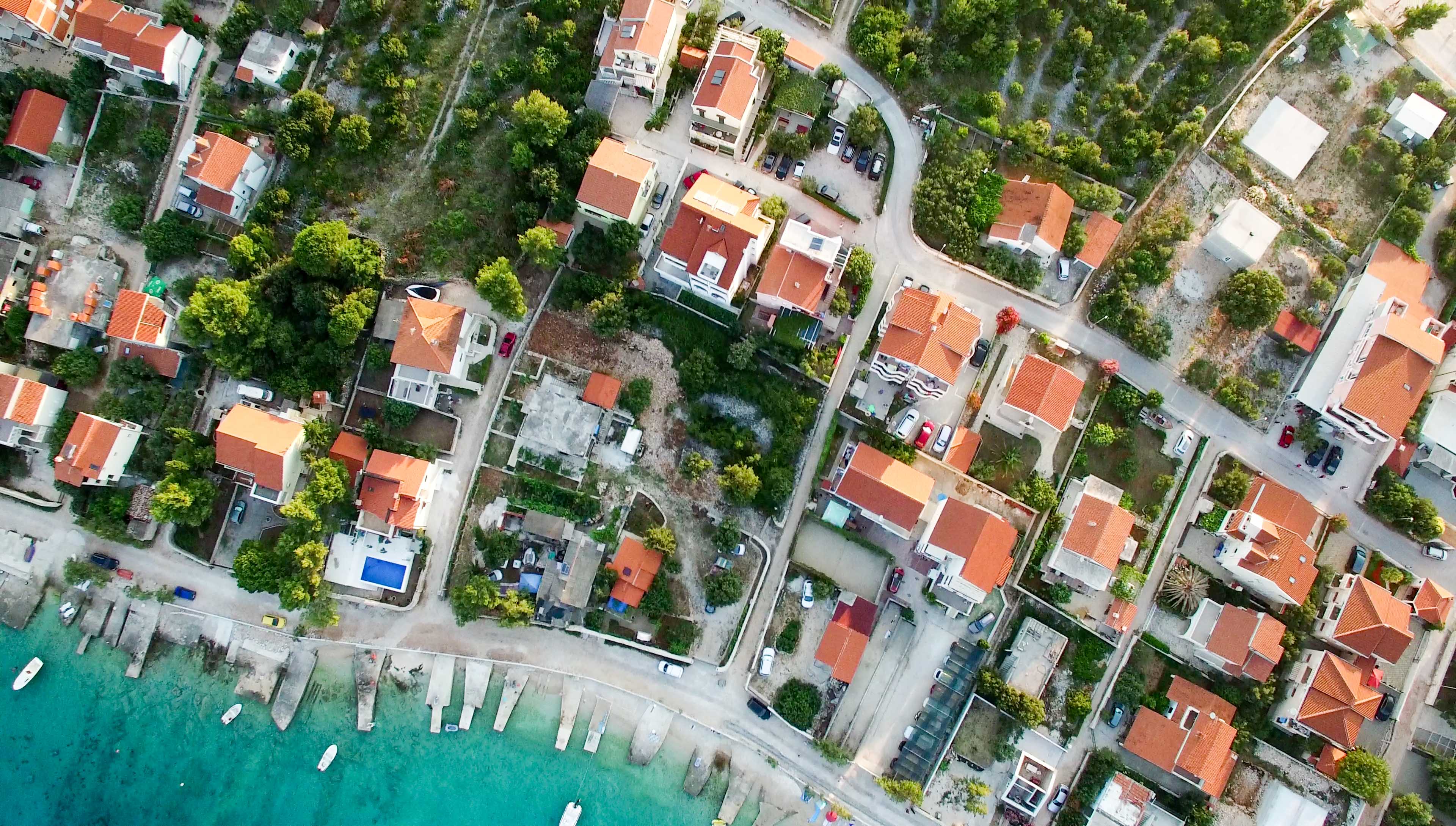Published on August 3, 2018.

This article is intended as a guide to real estate due diligence in Puerto Rico, by no means is it an exhaustive list of things to do. Any prospective buyer should seek adequate counsel from professionals and should not skimp out in what they invest in due diligence. The article points out to the reader, things that the prospective buyers should look into, require from sellers and consider when purchasing real estate, in Puerto Rico.
First off, Puerto Rico has a pretty robust legal system regarding real estate. Its backbone is Puerto Rico’s Civil Code of 1930, as amended, 31 L.P.R.A. Sec. 1 and Puerto Rico’s Mortgage Act (Ley Hipotecaria), as amended, 30 L.P.R.A. Sec. 2001 et seq.. The second of these is the governing law for the “Registro de la Propiedad” or Property Registrar’s Office (PRO). In general, buying property in Puerto Rico is rather safe and comparable in safety and legal rigor to other jurisdictions in the continentals US. However like any business transaction in the world, care should be taken as there is always inherent risk to any deal.
Our real estate law is backed by centuries of tradition that can be dated back to Roman times. Although the Romans never set foot in Puerto Rico, our legal system, specifically that which pertains to real estate, traces its roots to Roman law. Therefore our system is pretty robust as it has had over 20 centuries to develop into the law we use today, and therefore novel cases, although possible are unlikely.
So in order to understand real estate due diligence and what it entails in general, please visit here as it is a pretty good description on what it entails.
So…What does real estate due diligence in Puerto Rico require? Well, I would include everything mentioned in the above linked article and would request from the seller the following:
- Cadaster Number (Número de Catastro)
The first information you should ask for, is the cadaster number or “número de catastro”. This number will let you find out information regarding the property’s tax information at the “Centro de Recaudación de Ingresos Municipales” (Property Tax Agency) or CRIM. Furthermore, if you cannot find the “estate number”, which we will discuss its importance below, you could search within the PRO with said number. Also the cadaster number can help you use to great tool: the geolocalizadorand MIPRmaps from Puerto Rico’s Planning Board. Both interactive maps provide a wealth of information regarding the subject properties. Although often overlooked these maps provide information regarding property attributes such as zoning, estimated plot dimensions, probable soil attributes, infrastructure availability etc.
- Location of the Property
Always ask for the location of the property, specifically the ward or “barrio” and the municipality or “municipio” were its located. We cannot underscore enough the importance of this information.

- PRO’s Information
Request the PRO’s description of the property or “descripción registral de la propiedad”. Said description, should include the estate number or “número de finca”, the number of the book (“tomo”) its inscribed in and the page number or “folio”. Now, all of this information should be included in the deed of the property and is usually located on an offset single spaced paragraph included in the deed. It should start with the word “URBANA” (urban) or RUSTICA (rustic), depending on whether the property is located in an urban or rural area. So in order to obtain this information, its usually easier to ask the seller to provide a copy of the deed to the property.
- Home Owner’s Association Certification
Always ask if there is a home owner’s association and if so, request a certification from the association of any and all outstanding debt of the subject property. Furthermore inquire what the monthly due is and whether any raises on said dues have been approved by the association or are under consideration. Furthermore, inquire about any pending or recently approved extraordinary expenses or required payments that will become due to the homeowner’s association in the future. Remember if you buy the house with homeowner’s association debt or pending extraordinary dues, you’ll become liable for them.
- CRIM Debt Certification and Annual Dues
Request a certification from the CRIMor Centro de Recaudaciones de Ingresos Municipales (Property Tax Agency) of any and all outstanding tax debt for the subject property. Furthermore request that the owner provide a copy of the bi-annual tax bill, so you know exactly the amount of property tax you’ll be paying. As with the Home Owner’s Association Dues, if you buy the property with any tax debt you’ll become liable for it.
6. Copy of the Utility Bills
Always, request a copy of the utility bills PREPA (AEE) and PRASA (AAA), so you can get an idea of how much you’ll be paying for utilities. Especially, if you’re buying a property that includes appliances, air conditioners etc.
- Property is Registered before the PRO
Always ensure that the property that you’re interested in is registered in the PRO. If not, obtaining a mortgage over the property would be impossible. Furthermore, the market by in large frowns upon unregistered property for many reasons and by enlarge the price is affected by this. So always be weary of unregistered property and if you’re going to proceed with purchasing said property make sure you factor it into the purchase price.
- Construction and Use Permits
Always, always, always…. did we say always? Yes! always ensure that all construction in the subject property has appropriate construction and use permits. Although the lack there off should not, in general, be a deal breaker, you should analyze if the illegal construction is in fact permittable. Furthermore you should consult with the appropriate professionals how much it would cost you to go about obtaining permits for said illegal construction. With said information at hand, you can factor this in to the purchase price and request an appropriate discount.
We really hope the aforementioned information helped you out.
Are you even more confused? Don’t worry, here at buildprlaw we’ve got your back!
For more information, go to our Real Estate Due Diligence in Puerto Rico Page, where you’ll find this and other useful information regarding the local real estate lingo.
Disclaimer: Our website provides free information in good faith. Said information should be verified by the user, making sure it is correct and up to date. The information provided does not constitute legal or consulting advice or services from the operators of this site, including but not limited to, the offices of j.é fullana & assoc. Use of the information provided does not create an attorney-client relationship with the user. You should not act on the information provided on this site without seeking additional legal counsel. We are not responsible for content or information provided on linked websites.

